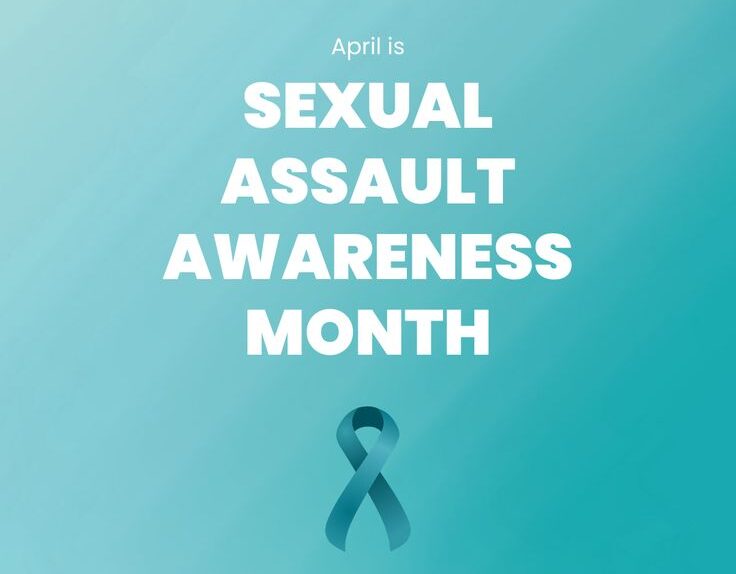Forget old age and sickness SEX LASTS A LIFETIME
Some people assume that old age and ill health are enough to put the enjoyment of sex to an end. This is nothing but a myth. Sex lasts a lifetime


Some people assume that old age and ill health are enough to put the enjoyment of sex to an end. This is nothing but a myth. Sex lasts a lifetime and even in illness it is still possible for a loving couple to share it. We tell you why and how…
Everyone, ill or well, young adult or old, deserves sex if they want it. To presuppose that illness or disability or age removes that wanting is to categorise sex in purely physical terms, to deny that it’s there for affection, support and love – and moreover, to ignore the fact that it’s a fundamental human need. Despite all the cultural, religious, or simply anxiety-based hang-ups people have about keeping sex in its rightful place, it is a fact that good health and a happy life are supported by a good love life. People need to respect the link between good health, old age and sexuality.
Even in sickness, let there be sex…
It is a fact that bad health can all too easily undermine sexual desire – even a heavy dose of the common cold can push sex right to the bottom of the list. While one should never pressure oneself or their partner if suffering from illness, this should not be an excuse to stop having sex altogether. It is often not only pain or lack of function that hinders sex when one is unwell, but also vulnerability and low self-esteem, particularly if the illness directly affects sexual parts such as breasts or testicles. Also, if one is feeling needy and dependent on others, intimacy may seem another inappropriate burden to give a caring partner. There is also the wrong assumption held by many people, including some doctors, that illness makes one lose desire.
Loving sex is everyone’s right, including those who are sick. Anyone who can think about sex can experience desire. Anyone who can feel anything in the mouth, breasts, clitoris, and penis, or can fantasise about feelings has potential for arousal. Anyone who can move fingers, tongue, or toes, or relate their fantasy can arouse their partner. If none of that is possible or simply not wanted, then hugs, kisses and hand-holding will give a sense of connection that can often do much to offset the absence of sex.
Knowledge is power, so get as much information as you can about what’s possible for you (or your partner if it is they who are ill). What feels good may not be what felt good before illness struck, so be prepared to accept changes. Don’t panic if your condition has affected genitals because the brain can fill in the missing sensations. It is reckoned that over half of women with spinal cord injuries can get an orgasm with the use of hand, mouth or vibrator.
Be practical and proactive in keeping your sex life alive. Join an active group of people with the relevant disease or disability, as this will give you encouragement and support. Work with what you have, not what you don’t have. For example, if you have lost your breast to cancer, you still have the rest of your sexual organs intact. If fatigue is an issue, make love just after waking. If pain or stiffness is an issue, take painkillers and a hot bath half an hour before intimacy.
Choose positions that take weight off vulnerable body parts. For example, a woman can be taken from behind if she can’t bear the man’s weight and the man can have the woman on top if he can’t thrust. If erection is difficult, don’t assume that’s the way things have to end until you have explored other possibilities like Viagra. And in any case, don’t assume that intercourse is the gold standard – if your hand or mouth can do the job, so be it. If desire is low or orgasm is challenging, check the medications you are taking – some act to undermine sexual response but can be changed if you discuss the issue with your doctor.
You should not hesitate to mention the issue of sex to your doctor if it is of concern to you. Doctors have heard the “Can I have sex?” question several times so don’t be ashamed about asking. If you can’t trust your doctor or are not free to discuss the issue with them, it’s time to change. If the doctor actively prescribes ‘no sex’ for your condition, say you have a heart problem, challenge that opinion. If the answer really is no, only accept it if you are sure the doctor knows how much passion means to you. A good doctor will know that stopping sex for any length of time is undermining to regaining good health. For most people, good health is sustained and bad health improved by a loving and regular sex life.
Let there be love beyond youth…
The only thing age has to do with sexual performance is that the longer you love, the more you learn – by the time you are 50, you are such a skilled lover that sex just blows you away. Young people (and some older ones) are firmly convinced that no one over 60 makes love, and it would be pretty obscene if they did. But no one needs to be brainwashed to believe this as no matter what your age, you shouldn’t be ashamed to admitting you have sex and you enjoy it. No one need lose their sexual needs or sexual function with age; on the contrary, the best may be yet to come.
For women the end of ovulation means the end of fertility, and for some this subtly affects their self-esteem. For others it represents a total liberation from contraception worry, and this, in addition to more sexual knowledge and a flurry of hormonal changes can a find her at a certain age slightly taken aback at her own high level of lust. Remember too that a woman’s ability to climax rises over the years.
As to menopausal symptoms, there is much debate about Hormone Replace Therapy (HRT). While the jury is out, the best advice is to make informed decisions following discussions with your doctor. If the evidence is against HRT for you, there are other medical or natural health solutions for the short-term problems such as night sweats, hot flushes and vaginal dryness, and the long-term risks of heart problems and bone-density reduction. Take note that regular sex will often help these symptoms.
Men don’t have as dramatic physical changes at mid-life like women, but may still suffer disease and undergo an emotional “male menopause.” This may coincide with realising that they have not done what they fantasised about in youth and time is running out. This can lead to injudicious thrashing about, or simply a reassessment of their goals and opportunities, very like a second adolescence. Women are increasingly hitting this syndrome too – the empty nest for both can be an intimation of mortality that in itself kick-starts a bout of midlife wet dreams.
Physically, the important changes for men over the first seven decades are that spontaneous erection occurs less often (a compete rack of erection is likely to be caused by ill health and should trigger an immediate visit to a doctor); ejaculation takes longer to happen, which can be an advantage; and coital frequency tends to fall. It’s a good idea not to try for ejaculation every time you have sex, which will give more mileage and no less mutual pleasure. But given a supportive and receptive partner, decent general health, and an absence of the belief that one ought to run out of steam, active sex lasts as long as life.
If activity is low and you are both happy with that, fine; sex is not compulsory. But about half of couples over the age of 65 make love on a regular basis and many of the others will have stopped because of physical or relationship fragility, not sexual problems per se. The things that stop you from having sex with age are exactly the same as those that stop you from riding a bicycle (bad health, thinking it looks silly or you don’t have a bicycle). The difference is that these things happen later for sex than for bicycles.
So don’t buy into the myth of age-limited performance, in any case, it’s often culturally based.
The most important thing is to never drop sex for long period – if you do, you may have trouble restarting. Keep yourself going sexually no matter what. What helps at this point is having sex in the morning when the man’s testosterone levels are highest and making sure to keep a tube of lubricant handy for vaginal dryness. Warning though! You should not stop contraception when you enter menopause until you have been period free for two years if under 50, and one year if over 50. You may end up a granny mom!
You should also not stop using protection if there is any doubt at all about sexual history – a 60-year-old partner is actually more of a threat than a 20-year-old because they are likely to have had a lot more sexual experiences with different partners and chances of them having contracted a sexually transmitted disease are real.
Always remember, the older you are, the more potential you have for true intimacy – the sort that’s not just based on hormonal surges but on a capacity to let go of your own insecurities and so deeply desire to please the other person. More confident, more knowledgeable, more experienced, you know what goes where and what to do with it; you know what works for you; you know what works for each other or – if you have newly come together, you know how to find out.
Age brings patience and kindness, and an increased ability to both give and take; sex becomes more important, not less, as time goes on. As with so many things, later life is the time when you have tried everything and settled down to the things you like most –together. Some of the most spectacular and joyful sex imaginable happens among the older generation, not the youth.
Published in April 2015





